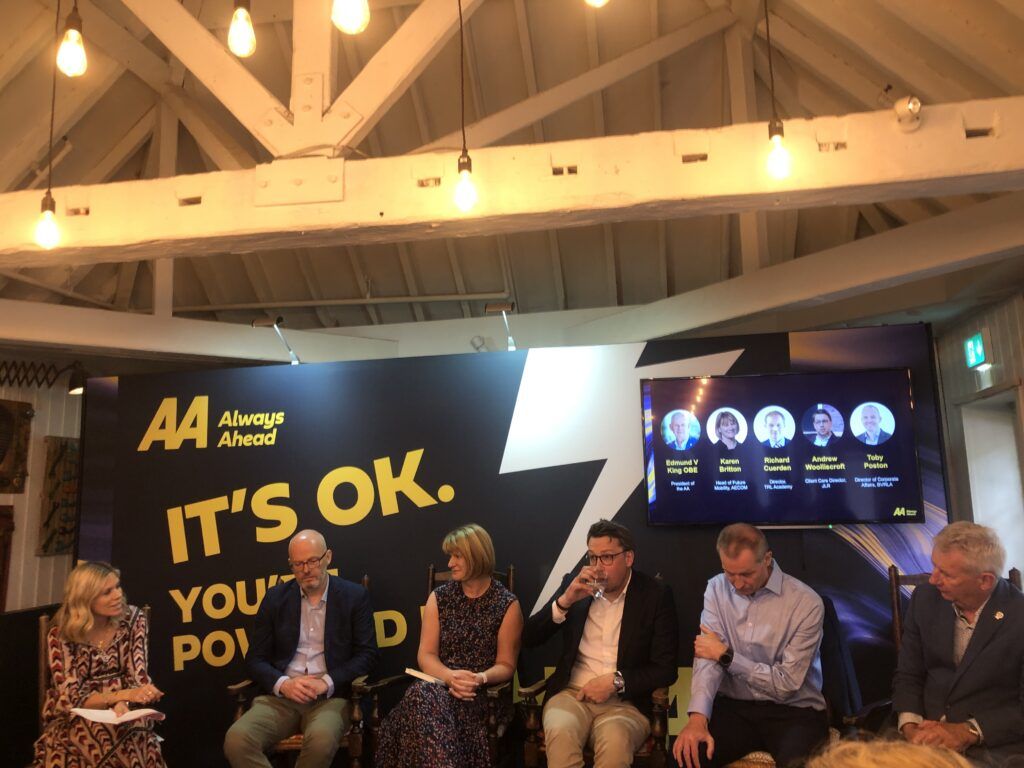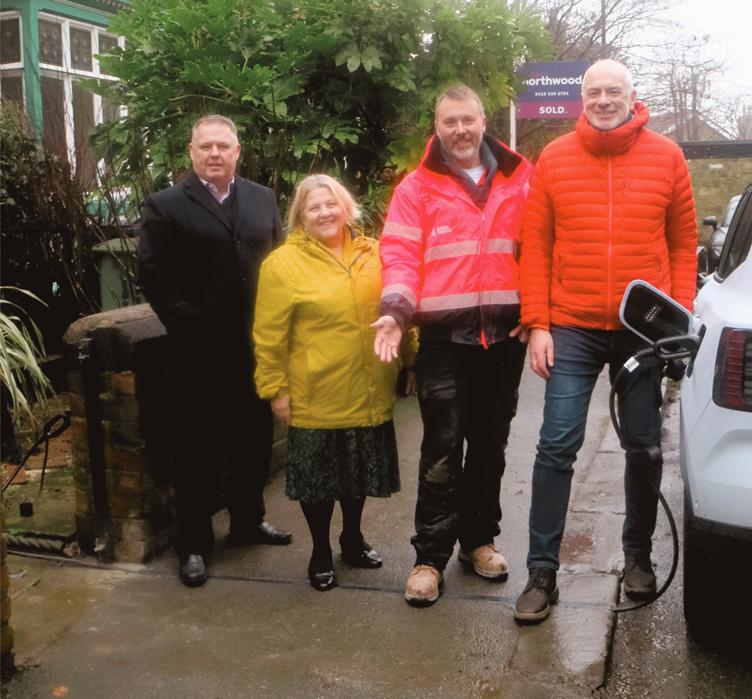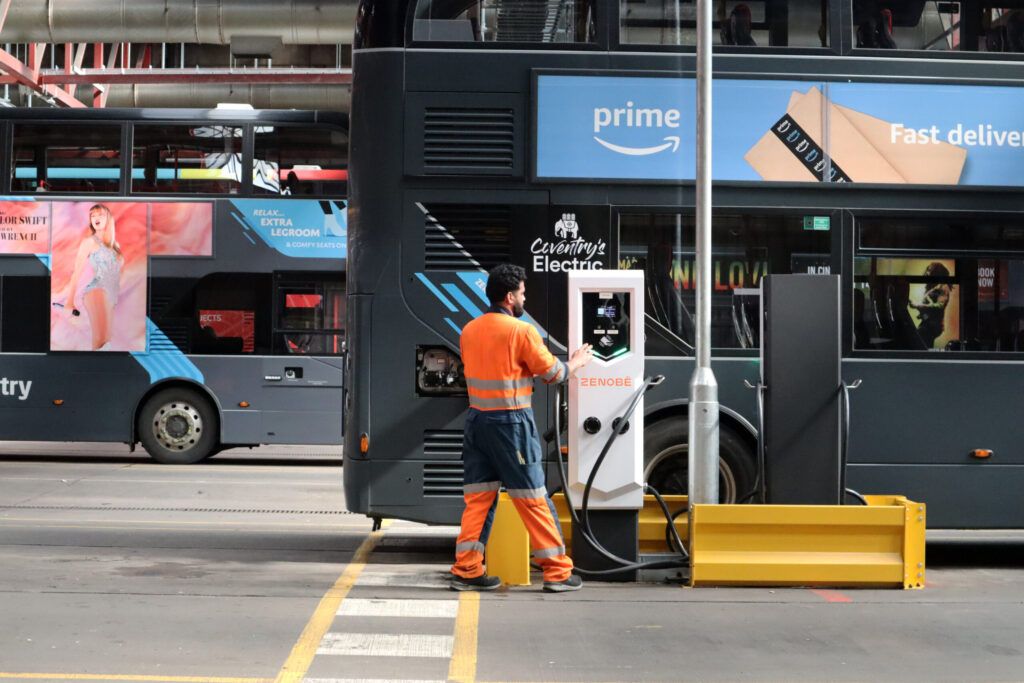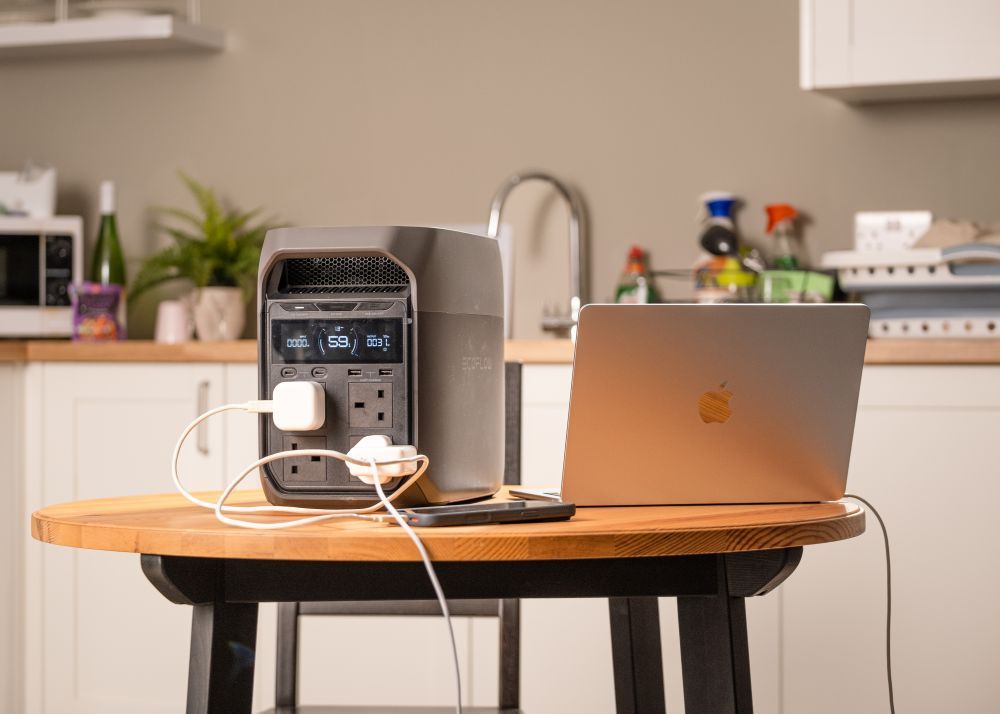An expert panel brought together by AA Business Services at this year’s Goodwood Festival of Speed identified ‘aggressive collaboration’ and consumer ‘pull’ as just two of a number of critical factors that will transform mobility post 2030.
Hosted by Formula E presenter and e-sports ambassador Nicki Shields for the second year, the breakfast panel The Future of Driving: Unlocking Possibilities brought together industry thought leaders AA President Edmund King OBE, Karen Britton, Head of Future Mobility, AECOM, Richard Cuerden, Director, TRL, Andrew Woolliscroft, UK Client Care Director, JLR and Toby Poston, Director of Corporate Affairs, BVRLA, to debate what would determine the future for drivers and transport in the UK post 2030.
The five key takeaways from the event were:
- Electrification alone isn’t enough to decarbonise transport; upgrading energy networks is essential to drive change
- With the right investment and policy drivers, the UK has the potential to lead the world in creating programmes that the public can buy into
- Collaboration among diverse stakeholders is vital to fast-track progress
- Inspiring customers to demand action rather than feeling forced to adapt will be pivotal in accelerating decarbonisation
- Learnings from existing projects around the world will speed up UK innovation and the future transformation of mobility
Dean Keeling, Managing Director, Roadside Services at the AA opened the event predicting massive change for motorists over the next ten to 15 years. “We are going to see a fundamental change in drivers’ habits. Millions of people will need to make decisions not just about what car they drive, but how they will own it and what alternatives they will have.”
President of the AA, Edmund King, added: “We’ve always thought about the future. Always Ahead is an AA slogan that goes back more than 100 years. While the emphasis is on electric at the moment, we are seeing the potential beyond electrification to connected cars, AI, preventative technologies, and information about journeys. We are already teaching young people to drive electric and have trained our patrols and brought in innovations at the roadside to tow electric vehicles. You have to take the customer with you so there is a real role for leadership from us, from businesses and Government to get people on board.”
Karen Britton, Head of Future Mobility at infrastructure consultancy AECOM pointed out that decarbonising transport needs more than just car electrification. “We could give everybody an electric vehicle but we still wouldn’t meet our climate goals. Cycling and walking will be part of it, but we really need to bring people together to drive the solution. We need to communicate that if we do this well, we could lead the world. If communities and stakeholders push against solutions, it will become much harder.
“We need to aggressively collaborate and there are many stakeholders like the AA, vehicle manufacturers and infrastructure providers who can bring real world experience and expertise to help drive change in the timeframe needed. We have colleagues in the US and Europe who are ahead of us on some of these challenges and can share their learnings to help fast track developments. We need to upgrade the energy network, to power the future that we want.”
Talking about how vehicle manufacturers are adapting, Andrew Woolliscroft, UK Client Care Director at JLR, emphasised that evolving the customer experience would be critical: “It’s a real turning point for the industry. Technology, consumer behaviour, electrification, connectivity, and the growing rise of digital are all really exciting and force OEMs to go beyond just designing and making cars. This is especially important as we see significant new entrants to the electric vehicle market, this can be seen especially from China. This is the kind of disruption that will drive all OEMs to innovate and develop services that will make a difference to the customer experience.
“Electrification is at the heart of our strategy, but hydrogen is also likely to play a key part in full decarbonisation. We continue to investigate the potential of a Fuel Cell Electric Vehicle (FCEV) proposition.”
Richard Cuerden, Director at TRL, said that while change was here to stay, the future challenges are old ones. “TRL was formed 90 years ago because we had the cars but not good roads to drive on, they were polluting and lots of people were dying. Now, we also have to think about accessibility, acknowledge that our regulations are out of date, and have an industry that has developed over a hundred years and often to meet international rules. We must make rapid changes within a much tighter timeframe. Transport is the UK’s biggest contributor of greenhouse gas emissions and globally more children are killed on roads than from any disease. We need to harness system based planning and new technologies to revolutionise what we do in the future to make it safer and healthier.”
Toby Poston, Corporate Affairs Director at BVRLA said that car ownership would still be important for individuals and research shows even young people still want personal mobility to be available. “Cost is impacting on car ownership now. The average car costs £39,000, nearly double what it was five years ago and the number of entry level cars below £25,000 has halved since 2021 (AutoTrader). But there’s an emotional aspect to car ownership. It matters to people. Cars represent personal freedom and you can’t take that away.
“We lead the world in terms of scientists and researchers, but we can get left behind if the policy and incentives are not right and we need to support the innovators. We are already seeing cities like London and Birmingham move to more shared mobility and less personal mobility; reducing car journeys and car space by 30% is written into their long-term strategies. There’s got to be collaboration to make sure that it’s delivered in the most effective way.”
Keeling concluded: “We need to embrace the opportunities ahead and work together to understand why we need to change and how technology and innovation can deliver safer journeys. Together we can empower drivers, help them to make informed choices and inspire them to feel excited about the future.”
Image courtesy of Alec Peachey.












